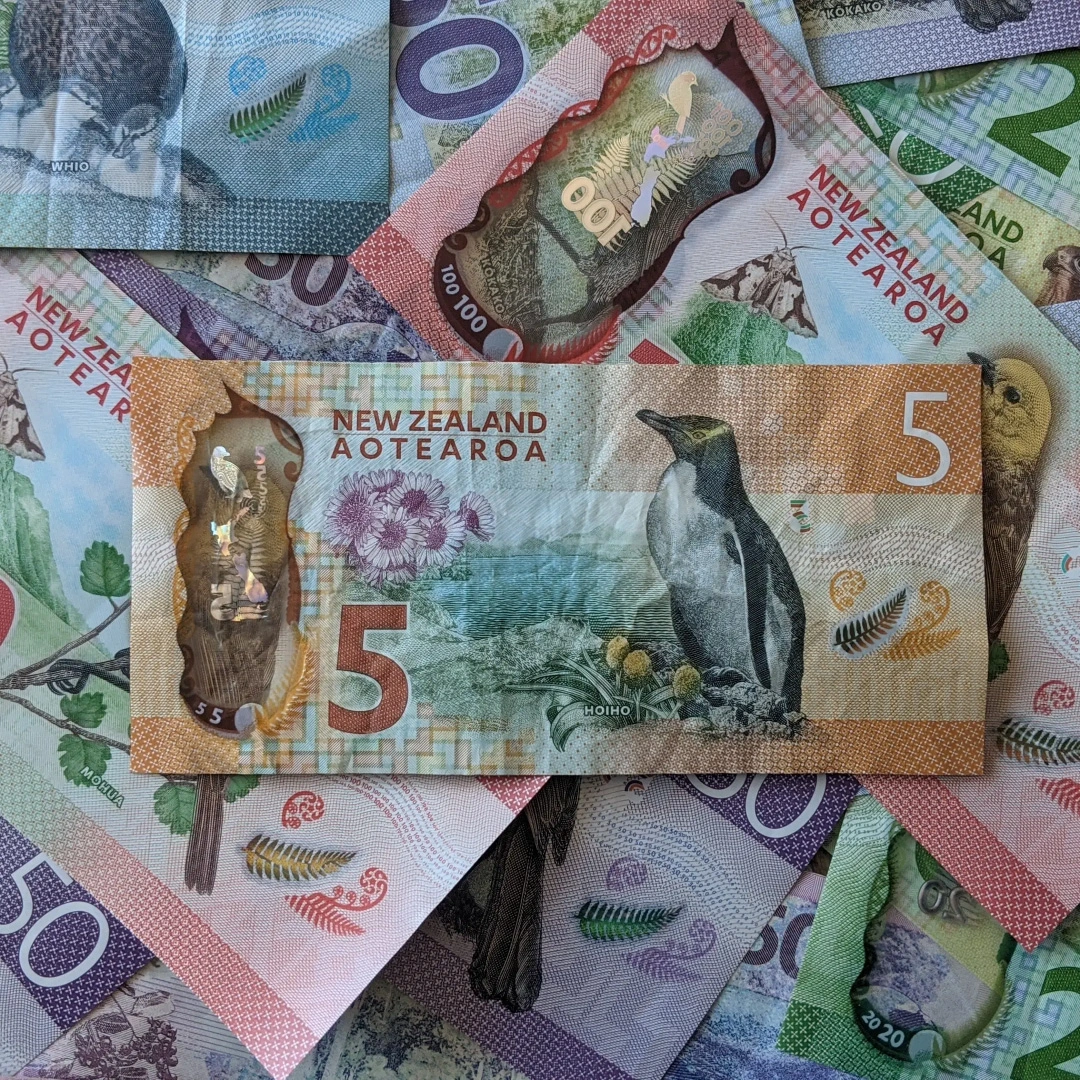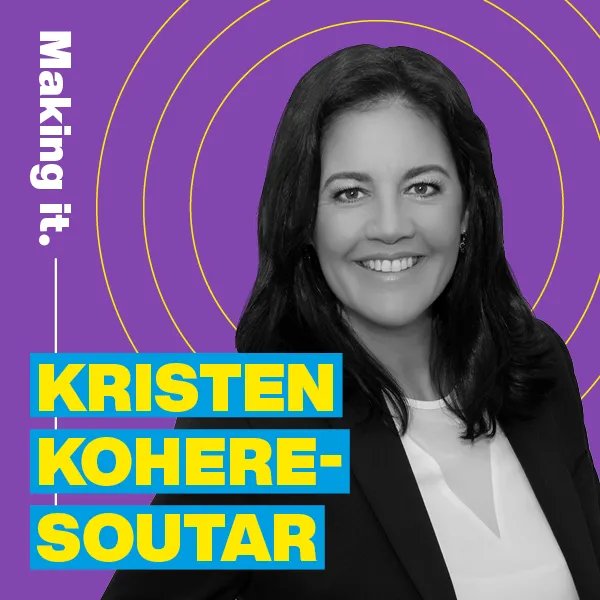First home buyer? Here’s what you need to know
Deposits, mortgage brokers, KiwiSaver withdrawals – we break down the basics of first home buying.
Between skyrocketing house prices and banks demanding huge deposits, it’s no wonder people are questioning whether homeownership is really for them. And you know what? Fair enough! Plus, there are other ways we can grow our wealth that doesn’t involve spending thousands on a home.
But for most New Zealanders, the home ownership dream lives on, especially among 18-39 year olds who’ve been dubbed as “Generation Rent”. Making up around 1.5 million New Zealanders (of which just 40% own a home), 84% of Generation Rent still think home ownership is the ticket to long-term financial security with 55% actively working towards the goal of buying a property to live in in the next five years.
After all, with rent prices averaging around $500-600 in cities like Auckland and Wellington right now, a lifetime of renting isn’t exactly the most appealing thought when you could be putting that money into a forever home instead.
We know the housing market feels nearly impossible to approach right now, but there’s still hope. To start, you need to know where to look for help and what to be prepared for.
How much will I need?
Currently, you need at least 20% for a deposit if you’re buying your first home (or 40% if you’re purchasing an investment property). And with the average house price in New Zealand ranging anywhere from $500,000 in the regions to more than $1 million in cities like Auckland, you’ll probably need to look at having at least $200,000 to spare.
Yep, it’s a lot of money, but there are few different funding sources you might be eligible to draw on. These include:
-
Your KiwiSaver fund: If you’ve been a KiwiSaver member for at least three years, you may be able to withdraw all (leaving a minimum of $1,000 in your account), or part, of your savings to put towards buying your first home. For more details, check out Mercer’s guide to accessing your KiwiSaver here.
-
Purchasing a KiwiBuild home: KiwiBuild is a government-led project aiming to build 100,000 new homes primarily for first-time home buyers. These homes are more affordable than non-KiwiBuild homes as they’re priced below price caps set by the government.
-
The First Home Partner scheme: A shared ownership scheme to help aspiring first home buyers whose deposit and home loan aren’t quite enough to buy a home that meets their needs to purchase a home together with Kāinga Ora.
-
A co-ownership with friends: Co-ownership can be a great way to jump on the property ladder with people you know and trust. Just remember: drawing up a co-ownership agreement with a lawyer is a must!
I’ve finally got enough for a deposit. What now?
Once you have your deposit (or at least a solid plan towards getting there) you can look at applying for a mortgage. There are two main ways you can go about this: head directly to the banks and speak to one of their lending specialists, or find a mortgage broker to do the leg work for you.
The main difference between these two approaches is that if you talk to the bank directly they’ll always be speaking about their products and rules, whereas if you talk to a broker they can get a number of options from different banks. Ultimately, what you decide to do will depend on what kind of support you need and how confident and knowledgeable you are in the process.
How do mortgage brokers work?
Mortgage brokers go between the borrower (that’s you) and the bank/mortgage provider. They understand your financial situation and what the latest products and opportunities are available in the marketplace. They then use that information to hunt out the best offers and talk you through the different options for how to structure your mortgage. And when it comes to applying for a loan, the broker should help you fill in any forms required and submit them to the preferred lender.
In New Zealand, all mortgage brokers are regulated by the Financial Markets Authority. It’s important to note they’ll usually have affiliations with a number of mortgage providers (eg: financial institutions like banks and Credit Unions) which they must declare upfront when working with you.
A broker will usually offer their services free of charge because they get paid commission from the bank’s margin. Where a broker operates under this commission model, they only get paid when you take out a loan through them. There’s nothing wrong with this model, but you do need to understand that they have a vested interest in you taking out a loan.
Also note that mortgage brokers aren’t necessarily registered financial advisers. So if you want personalised advice on mortgages or buying your first home, it’s best to go and speak to a financial advice provider with experience in the area.
READ: Mercer’s KiwiSaver first home guide.
Buying your first home definitely isn’t easy, but just know you’re not alone. Help is out there, so it’s worth taking a look and assessing your options before dismissing the idea of home ownership completely.
Check out Kāinga Ora’s range of home loan products and initiatives, and talk to your KiwiSaver provider to see if they can offer advice on using your fund for your first home (if you’re with Mercer, our Financial Advice team is here to help). You might also want to meet with a broker and see what’s possible with your budget, or make the most of mortgage calculator tools like this one to figure out what your weekly repayments for that dream home might look like for you.
The above article is general information and does not purport to give financial advice. The Mercer KiwiSaver scheme and Mercer FlexiSaver are issued by Mercer (N.Z.) Limited. Product Disclosure Statements are available free of charge at seatatthetable.co.nz.

